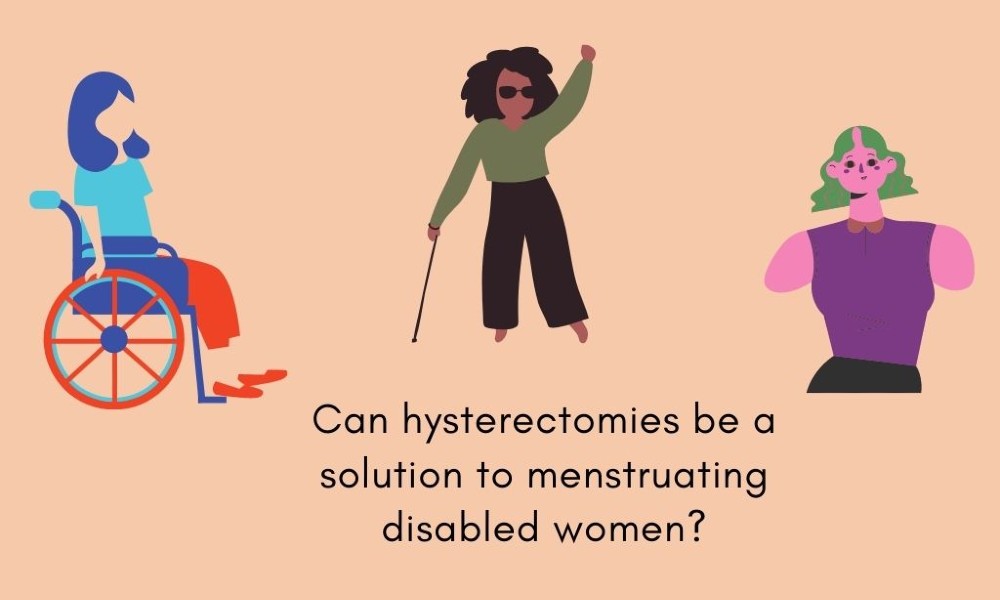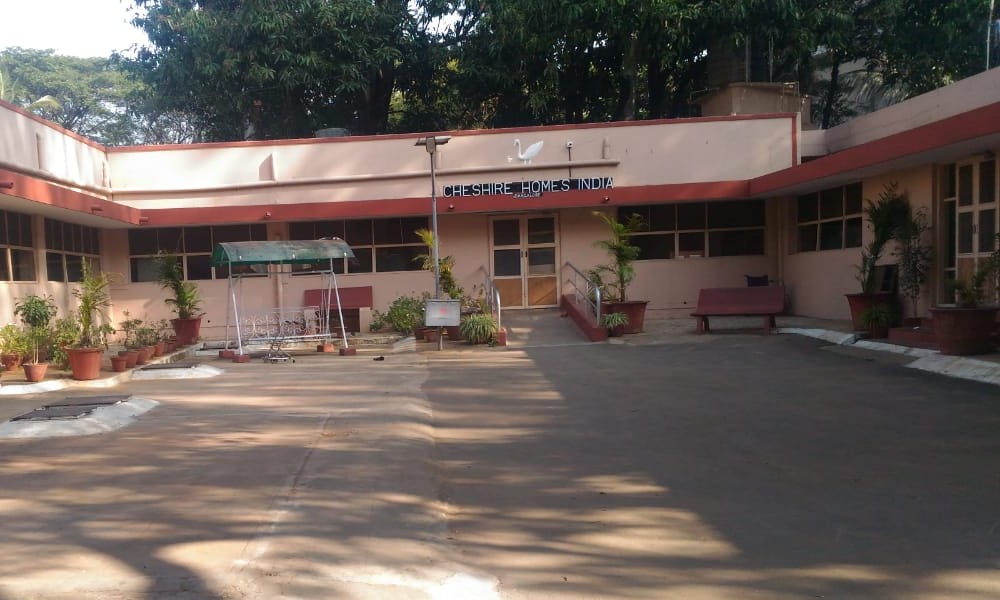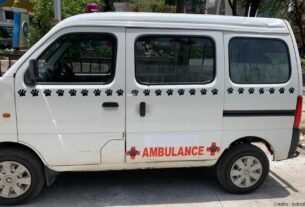Studies have shown that caregivers and local guardians prefer hysterectomy for their disabled children to help them maintain hygiene.
Bangalore: Some mothers and caregivers of disabled girls prefer hysterectomies for their children as it is difficult for them to maintain menstrual hygiene. They also believe that this will help them avoid the consequences of sexual violence.
A study by The Johns Hopkins University, School of Medicine shows 95 percent of legal guardians of women with disabilities requested a hysterectomy, and 93 percent felt that the operation had no abnormal effect on the patients. Another study in Thailand showed that 97 percent of caregivers were satisfied with the surgical procedure and the remaining three percent remained very satisfied.
Devikala, who is the course coordinator of The Association of People with Disability, said that parents are giving consent for hysterectomies as it is a challenge for them, too. Caregivers of intellectually disabled individuals might suffer from emotional and physical fatigue as taking care of them is not easy.
“For parents and caregivers, it’s not easy to take that burden. You have to be emotionally, physically and also, financially stable to look after them during menstruation,” added Devikala.
Mary Josephine who is the assistant caregiver of Cheshire Homes said, “We treat our girls like our own children. The ones who suffer from polio get the necessary help from us. We don’t give medicines to them as we look after them all by ourselves.”
For disabled women, hysterectomies not only can affect them physically, but emotionally as well. Dr. Rita James, director of Asha Kiran’s Special Needs School believes that it’s important to take care of emotional needs of the differently-abled people.
“Some families believe that women’s fertility will be lost if they undergo this process. As a result, they prefer to take care of them by themselves even after going through all the challenges,” said the director.
To some, the government should be more aware of these problems and introduce new measures for them.
Archana Ramachandra, who is the secretary of Cheshire Homes India, Bangalore Unit, said hysterectomy is more prevalent among the mentally challenged women than those who are physically challenged. According to her, government should take better initiatives by introducing improvised schemes and facilities for them.
Dr.Shaibya Saldanha, a gynecologist of Enfold Proactive Health Trust, gave an alternate option for a hysterectomy. “Hormonal Intrauterine Device (IUD) reduces the bleeding and also, prevents women from getting pregnant. Since they are vulnerable to sexual violence, this can be an alternate option,” said the gynecologist.






Bro, this is so good!
Amazing story!
It’s a taboo not discussed in the society so far. Good to see it’s covered in the Softcopy.